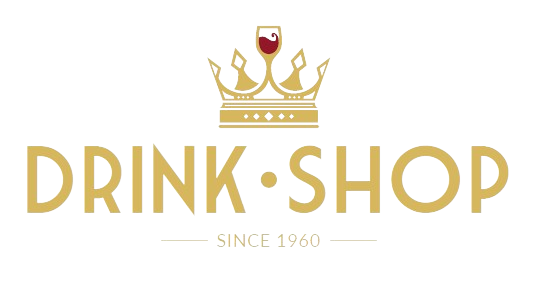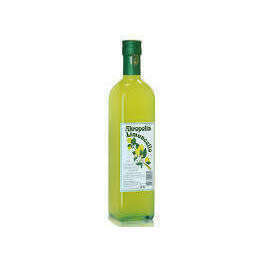Good drink
Hi there! Thank you for leaving a review for our Irish Cream Five Farms. We are happy to hear that you enjoyed it and we hope to see you again soon. Cheers!
Great wine selection and excellent shipping and packing. All wines arrived perfectly. Can't wait to enjoy!
Thank you for your kind words! We are thrilled to hear that you were pleased with our wine selection and shipping process. We take great care in packing our products for safe delivery. We hope you enjoy your Champagne Richard Cheurlin Brut Rosè and we appreciate your support. Cheers!
Buoni prezzi e consegna rapida senza intoppi. Consigliato
Grazie per aver condiviso la tua esperienza positiva con noi! Siamo felici che tu abbia apprezzato i nostri buoni prezzi e la consegna rapida. Speriamo di rivederti presto per un'altra esperienza di acquisto senza intoppi. Grazie per il tuo supporto e la tua raccomandazione!
My parcel got lost and the delivery service / shipping company did nothing. Instead of helping they refused to help.
Drinkshopstore.com was so kind and send out another parcel free of charge. Very good service from Drinkshopstore.com and very poor service from parcel service.
Thank you for taking the time to leave a review. We are sorry to hear that your parcel got lost during delivery. We understand how frustrating this can be. We are glad that we were able to assist you and send out another parcel free of charge. We always strive to provide excellent customer service and we apologize for any inconvenience caused by the delivery service. Thank you for choosing Drinkshopestore.com. Cheers!
Acquisto top e consegnato anche prima del previsto!
Fantastici!!!
Continuate così!
Caterina
Grazie mille, Caterina, per il tuo feedback positivo! Siamo felici che il tuo acquisto sia stato soddisfacente e che la consegna sia stata veloce. Continueremo a fare del nostro meglio per offrire un servizio fantastico. A presto!




